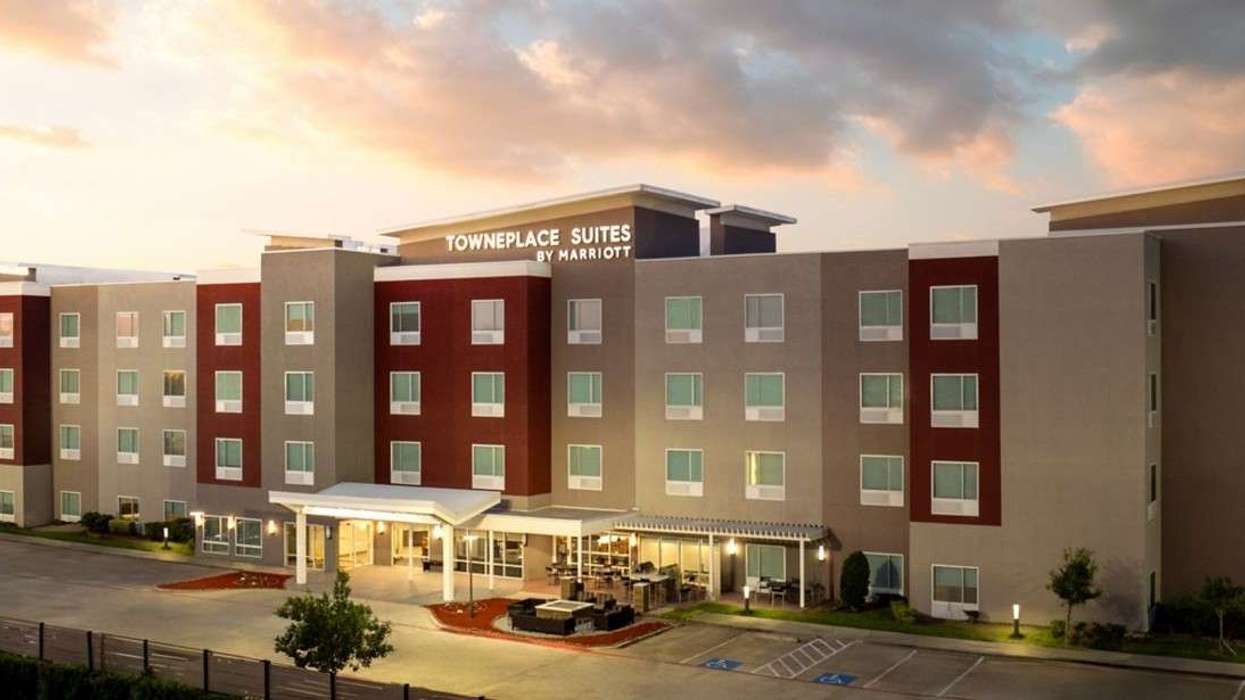U.S. TRAVEL COMPANIES intensified their focus on loyalty programs during the post-COVID recovery to capitalize on industry momentum, despite frequent traveler dissatisfaction, according to a Morning Consult study. While increased personalization and expanded perks have been well-received, many travelers find the programs more complicated and less rewarding.
Morning Consult's report, “What Travelers Actually Want from Loyalty Programs,” found that U.S. travel loyalty program membership remained steady from 2021 to 2024. Millennials and high earners are the most frequent members, but no demographic group has shown significant growth.
The study, conducted with 4,450 U.S. adults on Oct. 10 to 11, alongside monthly surveys from October 2021 to March 2024 with about 2,200 adults each, revealed one key finding: loyalty program members are more likely to stay at hotels or fly with airlines where they hold memberships, compared to choosing other providers.
The report also noted a gap in higher-frequency hotel stays. Among loyalty program members, 17 percent stayed twice at member hotels—similar to non-member stays—but those staying five or more times were about twice as likely to choose member hotels.
The gap between loyalty and non-loyalty usage is more pronounced in air travel. Loyalty membership drives more bookings even at lower frequencies, likely reflecting less frequent flying compared to hotel stays and highlighting the stronger influence of loyalty programs in air travel.
Overall, loyalty program members perceive their rewards' value as slightly improved. However, older travelers, particularly Baby Boomers, are more likely to believe the value is decreasing, with Baby Boomers more than twice as likely to report this sentiment.
Points drive travel choices
Points and rewards influence travel decisions early in the purchase process, according to Morning Consult. About 60 percent of loyalty program members considered points and rewards when deciding when and where to travel in the past year, with 10 percent doing so four or more times.
Around 40 percent took a trip specifically because of their points or rewards, with younger travelers, especially Gen Z, leading this trend.
Active program members are more likely to follow this pattern across generations, the study found. Over half of program members consider their points before choosing a destination, creating partnership opportunities between tourism organizations and loyalty programs to boost destination volume.
Younger travelers are more likely than older ones to take trips solely to use their points, the study said. However, there is little generational difference in how points factor into the planning process, though Baby Boomers tend to delay considering redemption.
Loyalty is passé
Only 43 percent of loyalty program participants feel valued by their program. This share is slightly higher among active members—those who use the program at least once a year—and loyal members, who book exclusively with companies where they are members, but it still remains under 60 percent in both groups.
The study found that 15 percent of loyalty program members book exclusively with the company they are a member of. This behavior is consistent across subgroups, though power users make up a larger share of this segment.
A more revealing tier of loyalty includes travelers who prioritize brands where they are members but will switch if no availability exists. This group is nearly as loyal as the first, with decisions driven by the ability to travel with their preferred company rather than by price or amenities.
Another segment of travelers reported that program membership has no impact on their choice of travel company. This group tends to skew older and lower income.
Flexibility in programs
Consumers prioritize ease of use and flexibility in travel loyalty program benefits, the survey found. Over half of U.S. adults consider non-expiring points "very important," and nearly as many value easy-to-earn, easy-to-redeem points, along with the ability to cancel or reschedule bookings.
While rewards programs can drive bookings, members often leave points unused due to expiration or difficulty navigating the redemption process.
The more engaged a traveler is with a rewards program, the more likely they are to leave points unused. Over half of power users—those engaging every two to three months—report letting points expire or struggling to redeem them in the past year. These issues can be mitigated by offering non-expiring rewards and simplifying the redemption process.
Brands should note that high-income consumers, who are the most frequent travelers, are slightly more likely to perceive declining program value, the study said. On the other hand, the most active loyalty program members are more likely to feel their points are increasing in value, suggesting that high engagement leads to greater satisfaction.
While the overall order of importance has remained consistent, several features have gained significance since 2021. Non-financial incentives—such as flexibility like early boarding, late check-out, or access to member-only areas like lounges—have seen the largest increase in those rating them as "very important." Though these features remain lower on the priority list, their growing importance highlights areas brands should focus on in the coming years.
Reasons for non-participation
For adults not enrolled in travel loyalty programs, reasons for non-participation vary, with some generational differences, Morning Consult said. The most common reason, particularly among Baby Boomers, is infrequent travel. While understandable, travel brands may be missing an opportunity to engage less-frequent travelers by removing expiration dates or expanding earning structures.
Gen Z consumers are more likely than older generations to say they were unaware of loyalty program options or could not figure out how to open an account. To attract these young, potentially high-value consumers, brands should streamline the registration process and offer quick rewards for new members.
Hesitation to share personal data is consistent across generations, requiring travel brands to balance personalization with privacy.
The most common perceived benefit of joining loyalty programs is the ability to save money. However, fewer than half of loyalty program members—and less than 40 percent of adults overall—believe this benefit is realized, suggesting financial incentives may fall short for most consumers.
A recent MMGY Global study found Americans are planning more travel in 2025, with vacation budgets rising to $5,051, 4.1 trips per person, and nearly 80 percent of U.S. adults planning a vacation in the next year. A 2023 Shiny report found loyalty program members are twice as likely to tip as non-members.






